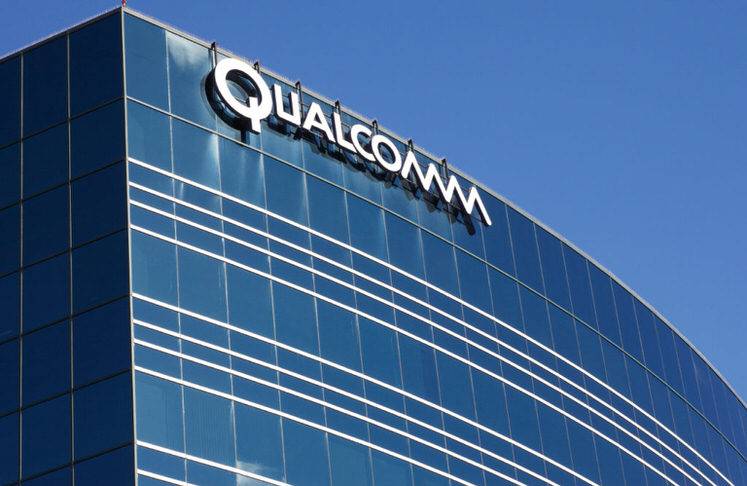Qualcomm announced it will be purchasing NXP Semiconductor, a Dutch company that acquired Freescale Semiconductor last year, in merger news that underscores the importance of IoT in the future.
According to the deal’s terms, Qualcomm will be paying $110 a share in cash for NXP, equaling a total of $47 billion. This is a smart move for Qualcomm that will position the mobile chip leader for the large-scale IoT and automotive market.
See also: Qualcomm wants you to train your new Snapdragon
Qualcomm’s mobile presence, combined with NXP, which produces mixed-signal chips and is a major player in microcontrollers, automotive, networking and security, makes for a dynamic duo to go after Internet of things markets and smart cities. Together, the new company expects to hit annual sales of about $35 billion.
As the market becomes saturated with smartphones and is beginning to slow, the acquisition of NXP will afford Qualcomm the opportunity to diversify from mobile. However, forty eight percent of Qualcomm’s revenue will still come from mobile when the NXP deal closes, as compared to 61 percent as a single company. Another 29 percent of the combined company’s revenue will be from Auto and IoT.
The IoT future looking brighter for Qualcomm?
Steve Mollenkopf, Qualcomm CEO, says the joining of its technology with “NXP’s leading industry sales channels and positions in automotive, security and IoT” will let it expand its addressable market. Self-driving transportation is a big reason for the purchase of NXP.
He goes on to explain that they plan to lead in the automotive sector, blending expertise in compute and multimedia with NXP’s leadership and the complete car infotainment system, secure car access, body and in vehicle network and safety. There appears to be significant opportunities ahead, with the growing semiconductor content in cars expected to be larger than production of vehicles themselves.
Mollenkopf states, “I think we view the car and the Internet of things to be very similar to what I would’ve looked at for handsets in the year 2000 timeframe. Meaning the technology and the pace of innovation in automobile and IOT will increase dramatically. I think we look at it as a tremendous opportunity to extend the technology roadmap that we have in mobile in really drive those two businesses, or those opportunities going forward.”
Qualcomm anticipates about $500 million in cost savings, two years from when the deal closes.

















